Interest Rate
Learn what interest rate means in Canadian real estate, how it works in holding deposits and documents, and why it's important for a secure property transaction.

May 22, 2025
What is Interest Rate?
An interest rate is the percentage charged by a lender on the amount borrowed for a mortgage, expressed as an annual rate.
Why Interest Rate Matters in Real Estate
Interest rates directly affect the cost of borrowing and the affordability of homeownership in Canada. A lower interest rate reduces monthly payments and total interest paid over the life of a mortgage, while a higher rate increases borrowing costs.
Interest rates can be fixed (unchanging over the mortgage term) or variable (fluctuating with the lender’s prime rate). Mortgage rates are influenced by the Bank of Canada’s policy rate, inflation trends, and overall economic conditions.
Understanding interest rates helps buyers make informed decisions about mortgage products, budget accurately, and lock in favorable terms during periods of rate volatility. Rate comparisons and pre-approvals can save thousands over time.
Lenders may also offer discounted rates for clients with strong credit, high down payments, or who bundle products (e.g., banking and insurance).
Example of Interest Rate
A buyer secures a 5-year fixed mortgage at a 4.2% interest rate. Over the term, they consistently pay the same rate on the outstanding principal balance.
Key Takeaways
- Affects monthly mortgage payments and total borrowing cost.
- Can be fixed or variable.
- Influenced by central bank rates and economic trends.
- Lower rates reduce long-term costs.
- Essential to compare rates before committing to a mortgage.
Related Terms
- Fixed Rate Mortgage
- Variable Rate Mortgage
- Mortgage Term
- Mortgage Pre-Approval
- Debt Service Ratio
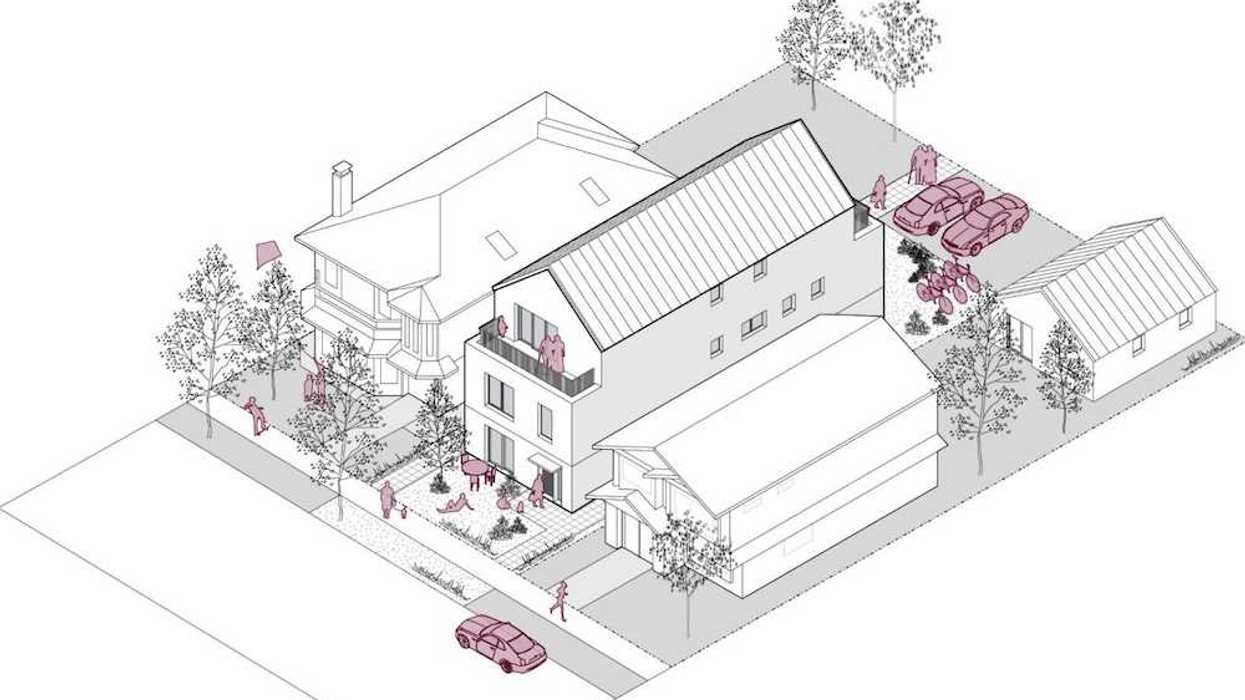
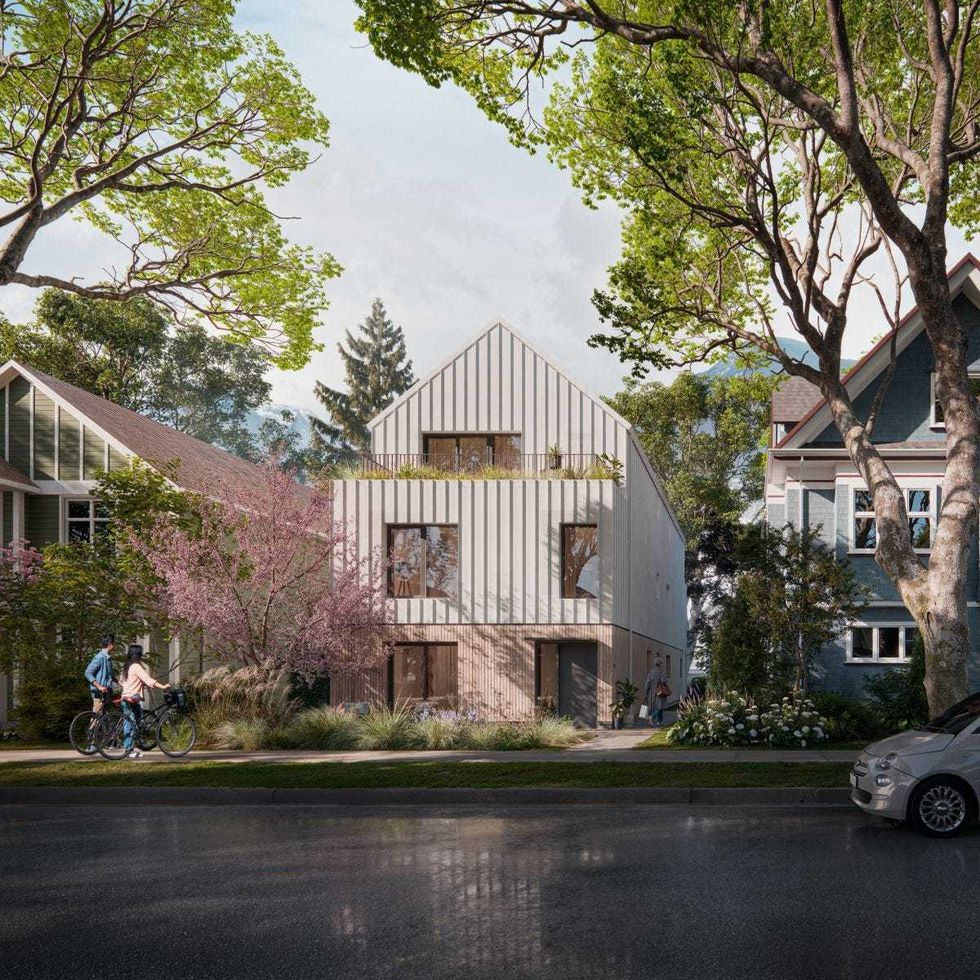 A rendering of the “BC Fourplex 01” concept from the Housing Design Catalogue. (CMHC)
A rendering of the “BC Fourplex 01” concept from the Housing Design Catalogue. (CMHC)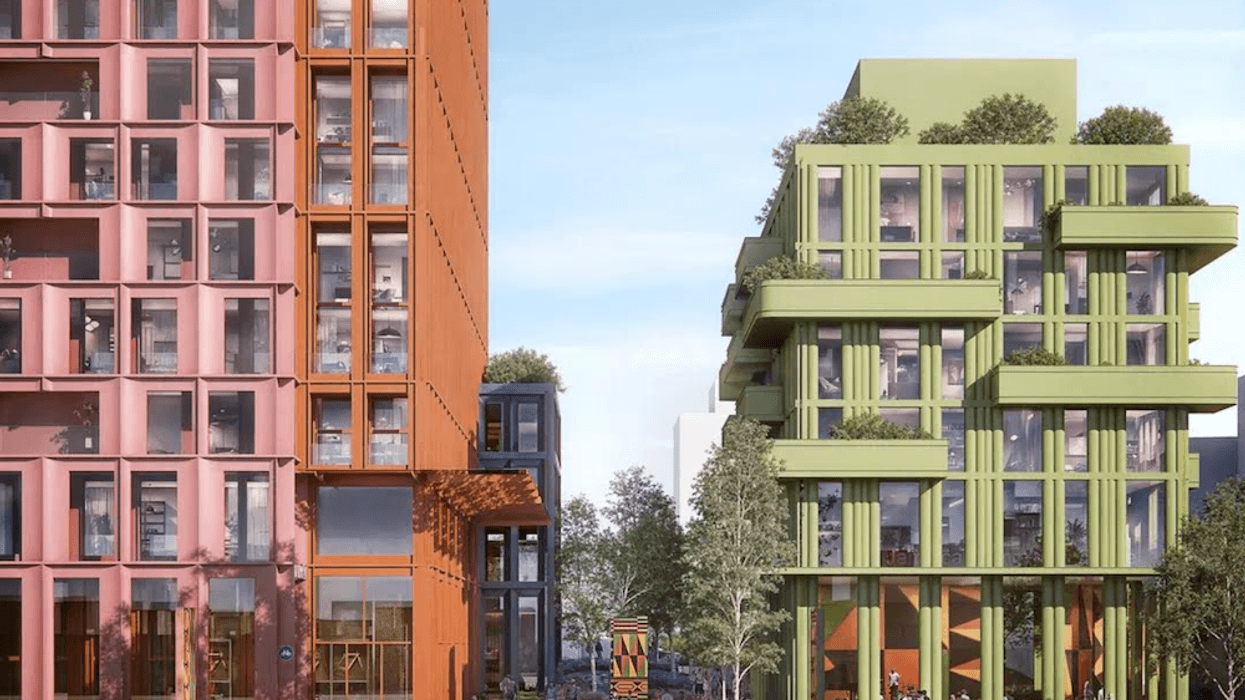
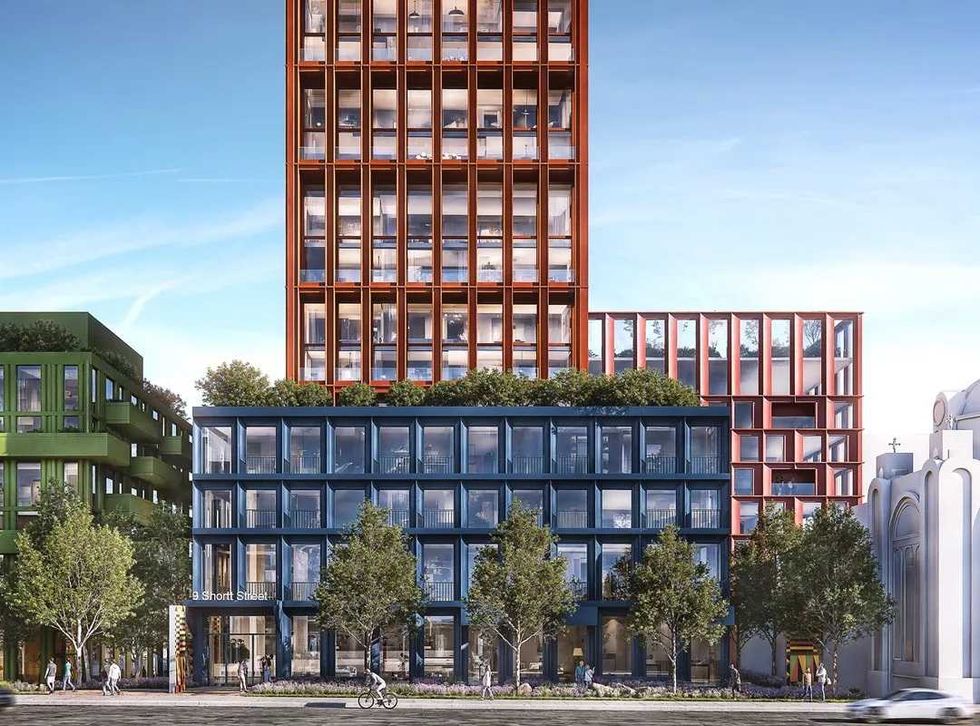 Rendering of 9 Shortt Street/CreateTO, Montgomery Sisam
Rendering of 9 Shortt Street/CreateTO, Montgomery Sisam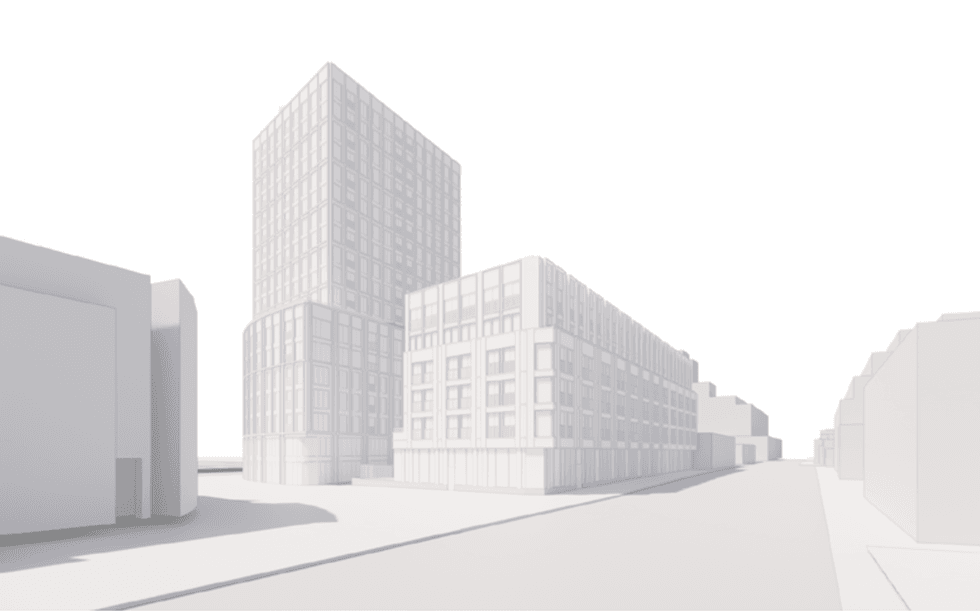 Rendering of 1631 Queen Street/CreateTO, SVN Architects & Planners, Two Row Architect
Rendering of 1631 Queen Street/CreateTO, SVN Architects & Planners, Two Row Architect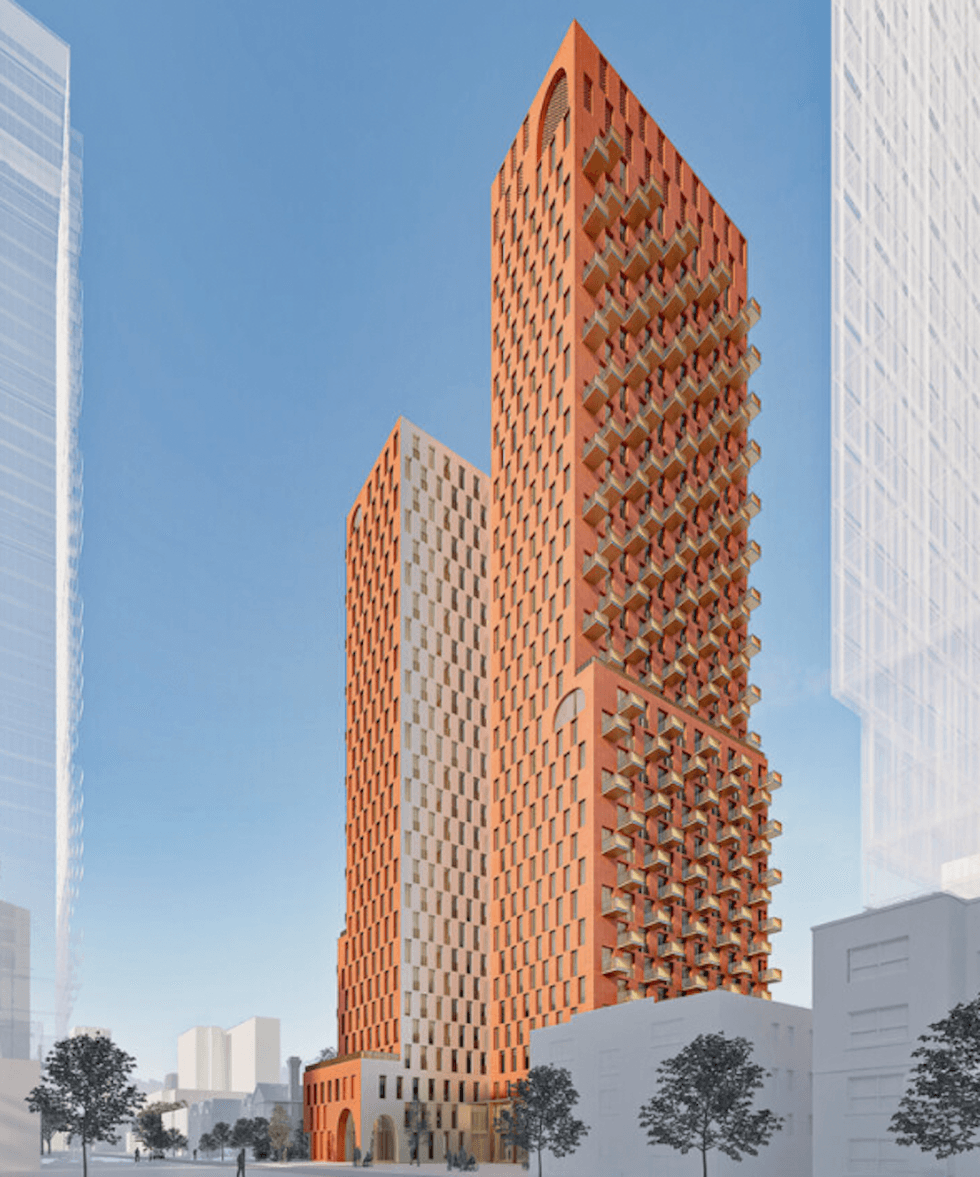 Rendering of 405 Sherbourne Street/Toronto Community Housing, Alison Brooks Architects, architectsAlliance
Rendering of 405 Sherbourne Street/Toronto Community Housing, Alison Brooks Architects, architectsAlliance

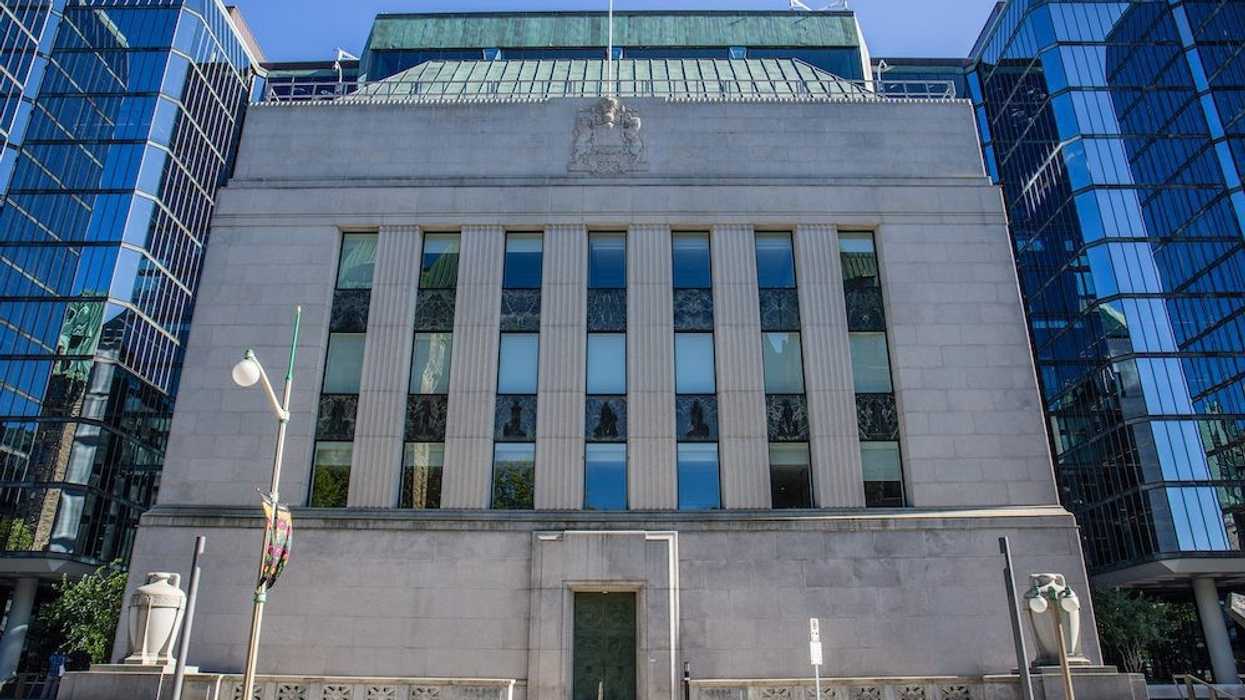






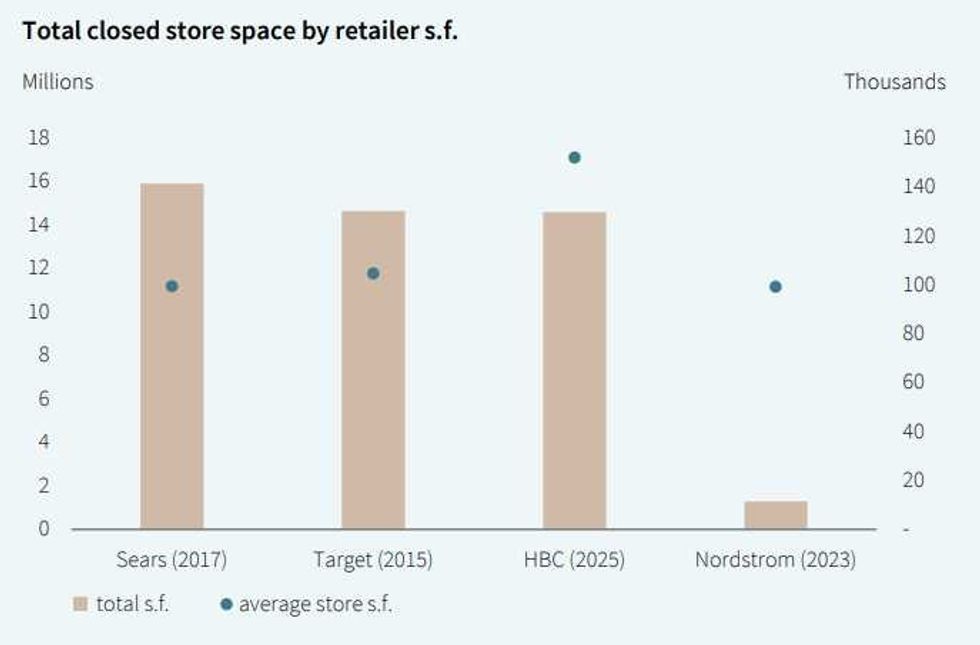 Hudson’s Bay vacated about as much space as Target did in 2015. (JLL)
Hudson’s Bay vacated about as much space as Target did in 2015. (JLL)


 Jon Sailer
Jon Sailer